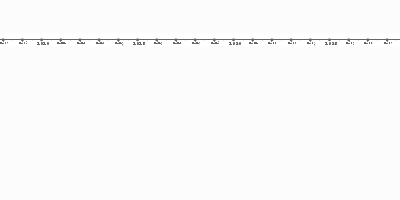Cultural Revolution (aug 5, 1966 – sep 9, 1976)
Description:
Causes:Desire for a permanent revolution - Mao believed that a communist society must constantly renew itself through class struggle to avoid becoming corrupt or falling back into capitalism. He feared that the gains of the revolution were being lost as the Communist Party became more bureaucratic, elitist, and conservative, especially after the failure of the Great Leap Forward.
To provide a test for young people - Since Mao believed the strength of the CCP lay in its years of struggle, this meant young communists could not properly identify with the party as they had not been part of that struggle. Therefore, Mao believed a Cultural Revolution would involve young people and make them into true revolutionaries.
To remove 'self-satisfied' officials who were motivated by the privileges of power - Mao believed that communist China was run by bureaucrats who were only interested in the social and economic benefits of power, which could create a new class of Mandarins.
To prevent the revolution from being weakened by revisionists - Mao opposed the actions of Liu Shaoqi and Deng Xiaoping, who erased all mentions of Mao Zedong thought and encouraged private trade and ownership, which Mao believed made them capitalist sympathisers. Mao believed revisionists were found in all areas of art, education and culture and needed to be removed to save the revolution.
To remove opponents in the CCP who did not support Mao's policies - Mao believed his opponents in the CCP were seeking to remove him. Main targets were Liu and Deng.
Added to timeline:
Date:
aug 5, 1966
sep 9, 1976
~ 10 years
